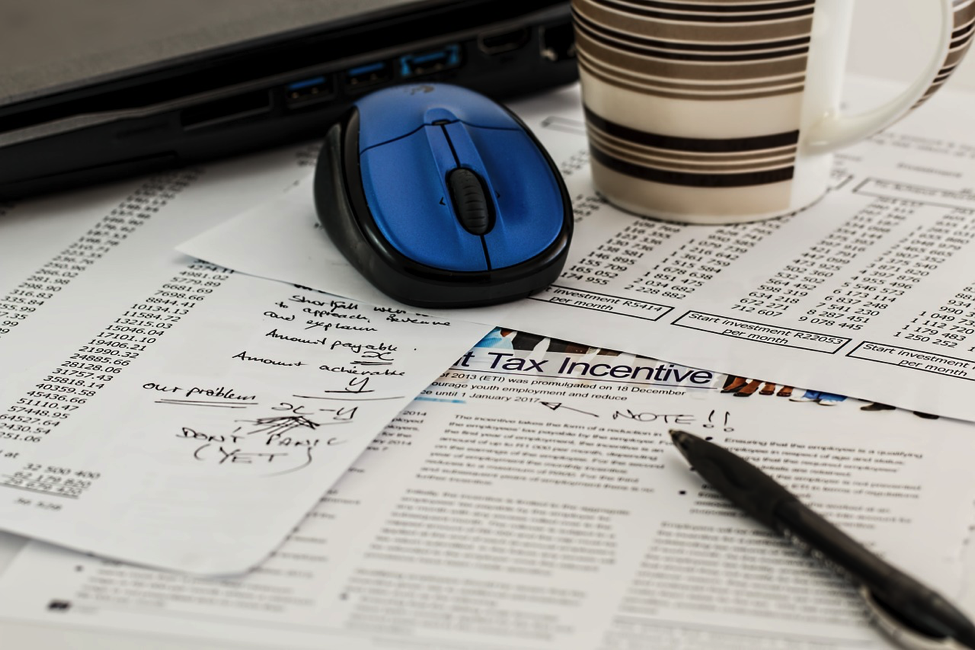You may have received a weird letter from the IRS. Is it a scam? How did this company get personal information about your back IRS tax balances? In December of 2015, Congress passed into law the use of third party debt collectors to collect old uncollected tax debt.
The IRS contracted with four different third party debt collectors to start the new Private Debt Collection Program. The new program authorizes third party debt collectors to collect outstanding inactive taxes for the government. The collecting agencies will be working on accounts that the IRS is no longer working on, but the taxpayer still owes back taxes. The factors for hiring four outside contractors to collect money are older, overdue taxes, and/or lack of resources for the IRS to continue working the case.
IRS Hires Four Third Party Debt Collection Companies
The four collection agencies are:
CBE
P.O. Box 2217
Waterloo, IA 50704
1-800-910-5837
ConServe
P.O. Box 307
Fairport, NY 14450-0307
1-844-853-4875
Performant
P.O. Box 9045
Pleasanton CA 94566-9045
1-844-807-9367
Pioneer
PO Box 500
Horseheads, NY 14845
1-800-448-3531
Letter from IRS Notifying of Collection Company
Because there are many different “Tax Scams” going around, the IRS is doing whatever they can to avoid confusion. The IRS will send effected taxpayers a letter about the account transfer. Then the private collection agency will send another letter about the transfer of debt collection from the IRS to the third party collector. If the taxpayer has a representative assisting them on the back tax balances, the representative will receive a copy of both the IRS letter and the agency’s follow up letter.
Your letter from the private collection agency will have certain information on it such as: Toll free telephone number to call with questions and your right to contact the Taxpayer Advocate Service. The letter may contain information on the different ways to pay outstanding and include explanations on how to notify the private collection agency if the taxpayer disputes the legitimacy of the debt or any portion of the debt.
Here is real an example of a letter from ConServe.
IRS. “New Private Debt Collection Program to Begin next Spring; IRS to Contract with Four Agencies; Taxpayer Rights Protected.” IRS. N.p., n.d. Web. 1 June 2017.






 It’s springtime, and you know what that means. Birds are chirping, flowers and blooming, and you’re staring at your W-2s. Tax season is an inevitable part of life, and so is the stress that comes with it. If you know how to help yourself, however, you can mitigate the stressful effects of reporting your income to Uncle Sam. Here are some ways to handle the stress of tax season.
It’s springtime, and you know what that means. Birds are chirping, flowers and blooming, and you’re staring at your W-2s. Tax season is an inevitable part of life, and so is the stress that comes with it. If you know how to help yourself, however, you can mitigate the stressful effects of reporting your income to Uncle Sam. Here are some ways to handle the stress of tax season.